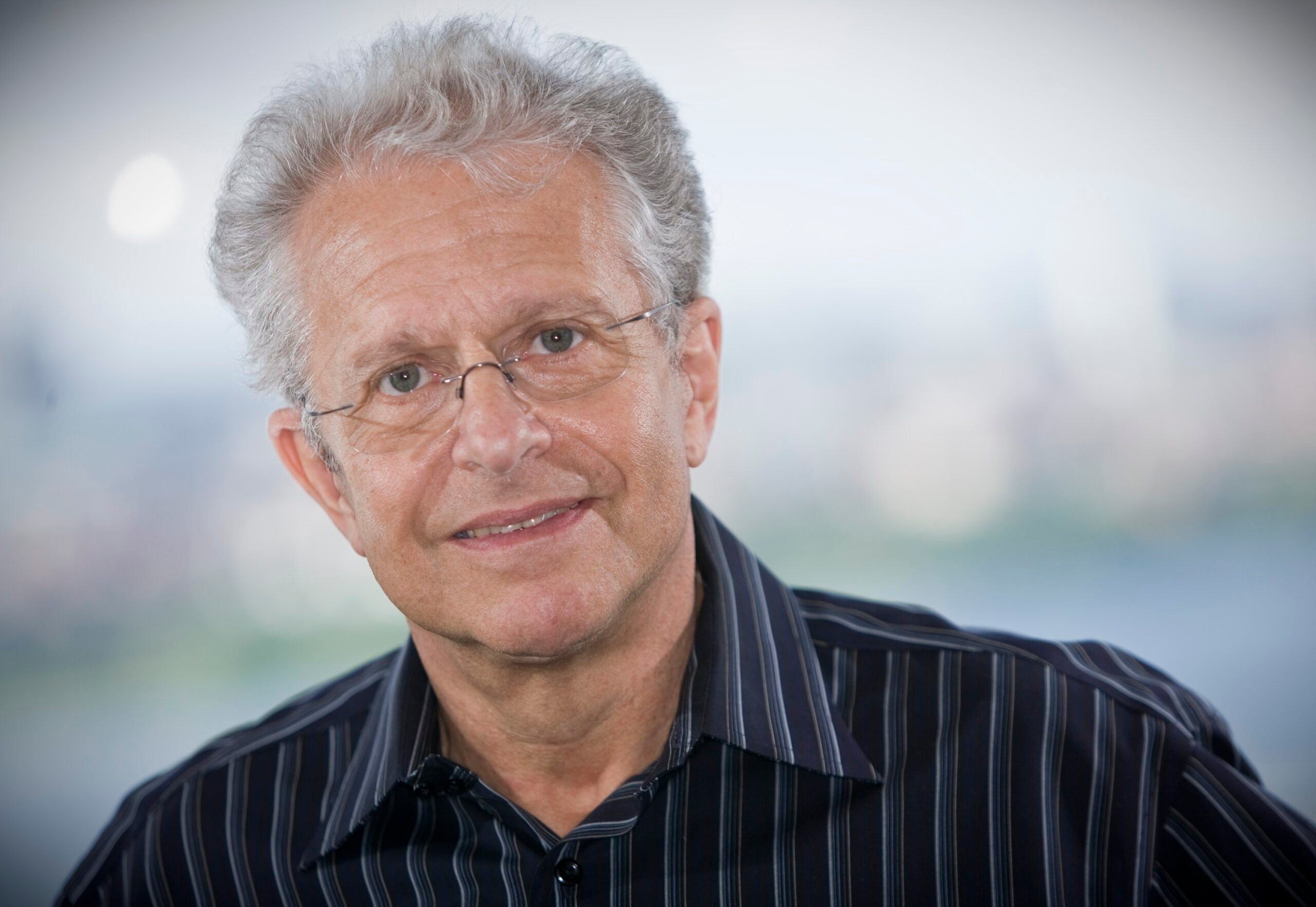An assessment of the U.S. Supreme Court under Chief Justice John G. Roberts Jr. ’79 by Harvard Law Professor Laurence Tribe ’66 and Joshua Matz ’12 has been recognized by the American Bar Association. Their 2014 work, “Uncertain Justice: The Roberts Court and the Constitution,” a Washington Post and Kirkus Review book of the year, earned the ABA 2015 Gavel Award Honorable Mention.
From Citizens United to its momentous rulings regarding Obamacare and same-sex marriage, the Supreme Court under Chief Justice Roberts has profoundly affected American life, yet it remains a mysterious institution to many Americans, according to Tribe, and the motivations of the nine men and women who serve for life are often obscure. In “Uncertain Justice,” Tribe, the Carl M. Loeb University Professor and Professor of Constitutional Law at Harvard and one of the country’s leading constitutional lawyers, and Matz, dig deeply into the court’s recent rulings to deliver compelling human stories. They also explore the extent to which the Court is revising the meaning of our Constitution.
On Nov. 21, Tribe participated in a panel discussion of his latest book, “Uncertain Justice: The Roberts Court and the Constitution,” with Dean Martha Minow and Professor Richard Lazarus.
Read more and watch the discussion on Harvard Law Today.
In an earlier Q&A with the Harvard Law Bulletin, Tribe discussed some of the implications of the Roberts Court with regard to gay marriage, gun rights, N.S.A. surveillance, health care, emerging threats to privacy, immigration and more. (Read “Certain Change: How the Roberts Court is revising constitutional law” in the Fall 2014 issue of the Harvard Law Bulletin.)
Laurence Tribe ’66 is the Carl M. Loeb University Professor and Professor of Constitutional Law at Harvard, has taught at its Law School since 1968 and was voted the best professor by the graduating class of 2000.
A distinguished legal scholar and a world-renowned professor of constitutional law, Tribe is the author of more than 100 books and articles, including “American Constitutional Law,” “On Reading the Constitution,” and, most recently, “The Invisible Constitution.” He has argued many cases before the Supreme Court of the United States—including the historic Bush v. Gore case in 2000 on behalf of presidential candidate Albert Gore, Jr.—and he has testified frequently before Congress on a broad range of constitutional issues.
He was appointed in 2010 by President Obama to serve as the first senior counselor for access to justice; and has written 115 books and articles, including his treatise, “American Constitutional Law,” cited more than any other legal text since 1950.
Tribe joined the Harvard Law School faculty in 1968, and held the Ralph S. Tyler, Jr. Professorship in Constitutional Law from 1982 to 2004, when he was appointed University Professor—the highest academic honor that Harvard University can bestow upon a faculty member.
Joshua Matz ’12, a graduate of Harvard Law School and a former contributor to SCOTUSblog, is a law clerk for U.S. Supreme Court Justice Anthony Kennedy ’61.
Together, Tribe and Matz taught an acclaimed course at Harvard College about the Supreme Court and the Constitution.
